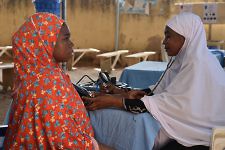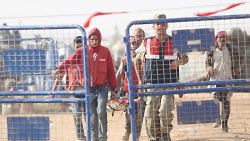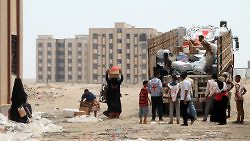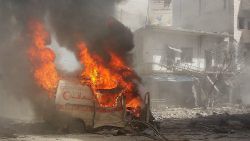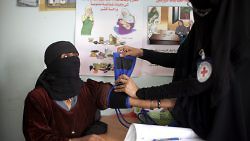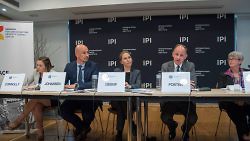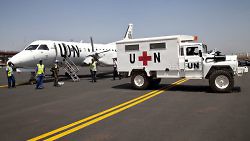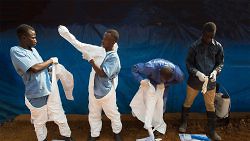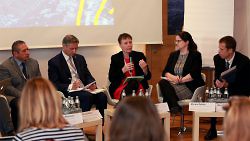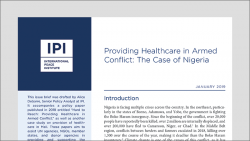
The humanitarian situation in Nigeria’s northeast is deteriorating, with more than 5 million people in need of healthcare and over 800,000 out of the reach of humanitarian actors. Given this level of need and the poor state of the healthcare system in northeastern Nigeria, humanitarian and other nongovernmental health actors play an important role.This issue […]
Read more